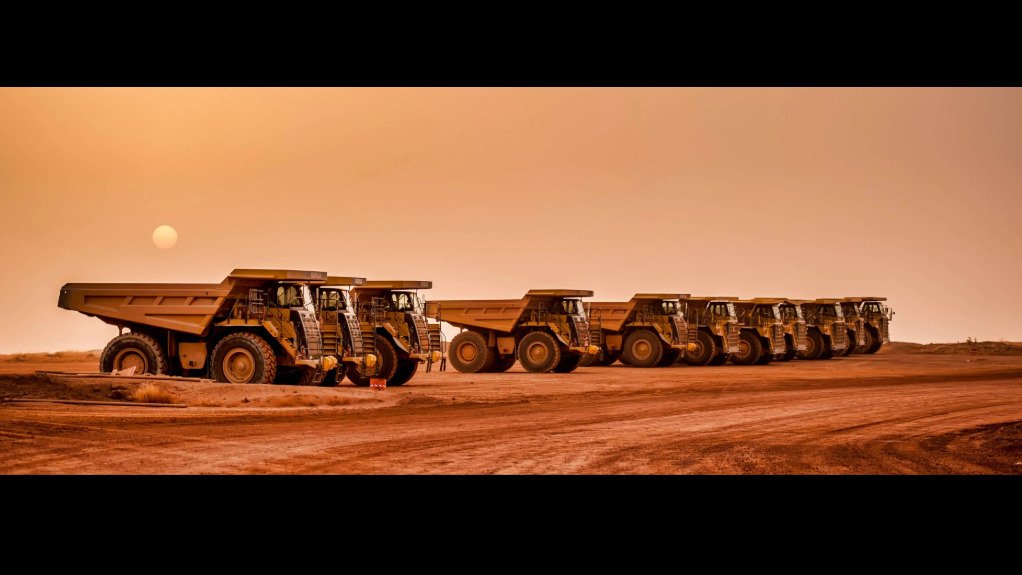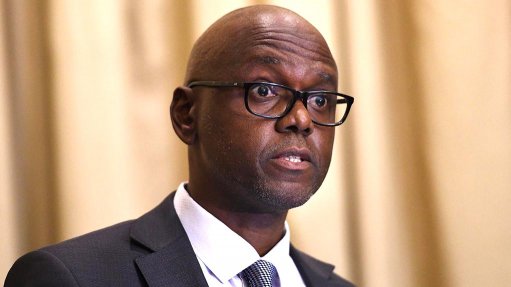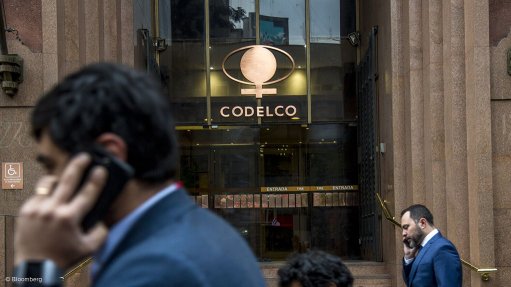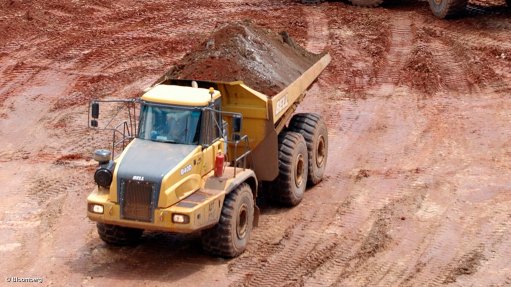Regional growth prospects remain positive


SUSTAINED GROWTH West Africa continues to leverage its natural and mineral resources
Long-term growth prospects in West Africa remain positive, says security research organisation the Institute for Security Studies (ISS), with the scenarios emerging from its African Futures and Innovation Programme International Futures (IF) assessment model forecasting the region to increase its gross domestic product (GDP) to $3.3-trillion by 2043 and raise GDP per capita to $8 476, thereby reducing extreme poverty to only 5.2% of the population by 2043.
“This will require targeted multisectoral interventions in agriculture, education, health and demographics, infrastructure, manufacturing, trade, external financial flows and governance,” says ISS researcher Enoch Aikins.
The organisation stresses the need for the region to leverage its mineral and natural resources, but accepts that sizable challenges will remain.
Aikins highlights that West Africa has a significant volume of mineral resources which can be used to accelerate the green transition. He notes that critical minerals, such as graphite, lithium, cobalt, copper and manganese, are needed to produce green technology.
Energy insecurity, and poor governance, health and transport infrastructure, are key challenges in the region, as are tariff and nontariff barriers, high unemployment and a lack of skills.
The West African economy relies on primary commodity exports, such as cocoa, oil and gold, making the economy susceptible to international commodity price fluctuations and shocks, he adds.
These challenges have been exacerbated by the Covid-19 pandemic: “According to a [social justice organisation] Oxfam report, the West African region lost an estimated $47.8- billion in GDP and working hours, equivalent to seven-million jobs in 2020,” says Aikins.
Based on its growth forecast, the ISS’s IF model indicates that the West African economy will grow an average of 5.1% over the next two decades, adding that the economy has the potential to grow at an average of 8.3% over the same period if strategic multisectoral interventions are implemented.
The organisation adds that the industrial sector’s contribution to GDP in the region is 15%, but is expected to increase to 20% by 2043. The material sector, which includes mining’s contribution, was 1.5% in 2023, and is forecast to grow to 2.6% by 2043.
Referring to the threat of general insecurity in the region, ISS notes the Economic Community of West African States' Vision 2050 report which asserts that terrorism and violent extremism have had a significant effect on mining operations, with incidents of terror attacks rising 400% in the past three years.
Aikins highlights that political unrest and leadership changes affect investor confidence, owing to mining operations being long-term investments.
He adds that environmental degradation is a formidable social challenge facing the mining industry, with irresponsible mining often leading to the destruction of vegetation and farmland loss.
Aikins suggests that mining companies should responsibly invest more in this region to create opportunities for young people and ensure that the broader community benefits from such operations.
“Mining companies should also invest in the region’s stability by funding research, activities and initiatives to resolve regional conflicts. Land reclamation should be part of mining operations to reduce their environmental impact.”
Further, the ISS indicates that there is a suspicion that some foreign interests sponsor equipment used in various conflicts in exchange for being granted illicit mineral tenement licences and permits in the region.
The organisation also points out that although Western countries, such as France and the US, own majority stakes in many mines in the region, there will be increased competition in West Africa over critical resources as Eastern countries, such as China and Russia, continue to expand their influence.
Nonetheless, Aikins asserts that the political climate in the region is dire, with weak governance being reflected in the challenges faced by most West African countries.
He highlights the frequent disputes regarding electoral processes, election results and constitutional amendments as significant challenges which threaten the region’s stability.
“The weak governance . . . manifest[s] in the many coups that have plagued the region in recent years. Mali, Niger, Guinea and Burkina Faso have all had military coups in the [p]ast four years. Senegal is . . . experiencing protests over the decision to postpone its elections, which were initially scheduled for February.”
As such, the ISS stresses the need for mining companies to undertake due diligence before pursuing interests and contracts in West African countries, and to stay ahead of political, regulatory and legal frameworks to better inform decision-making.
Comments
Press Office
Announcements
What's On
Subscribe to improve your user experience...
Option 1 (equivalent of R125 a month):
Receive a weekly copy of Creamer Media's Engineering News & Mining Weekly magazine
(print copy for those in South Africa and e-magazine for those outside of South Africa)
Receive daily email newsletters
Access to full search results
Access archive of magazine back copies
Access to Projects in Progress
Access to ONE Research Report of your choice in PDF format
Option 2 (equivalent of R375 a month):
All benefits from Option 1
PLUS
Access to Creamer Media's Research Channel Africa for ALL Research Reports, in PDF format, on various industrial and mining sectors
including Electricity; Water; Energy Transition; Hydrogen; Roads, Rail and Ports; Coal; Gold; Platinum; Battery Metals; etc.
Already a subscriber?
Forgotten your password?
Receive weekly copy of Creamer Media's Engineering News & Mining Weekly magazine (print copy for those in South Africa and e-magazine for those outside of South Africa)
➕
Recieve daily email newsletters
➕
Access to full search results
➕
Access archive of magazine back copies
➕
Access to Projects in Progress
➕
Access to ONE Research Report of your choice in PDF format
RESEARCH CHANNEL AFRICA
R4500 (equivalent of R375 a month)
SUBSCRIBEAll benefits from Option 1
➕
Access to Creamer Media's Research Channel Africa for ALL Research Reports on various industrial and mining sectors, in PDF format, including on:
Electricity
➕
Water
➕
Energy Transition
➕
Hydrogen
➕
Roads, Rail and Ports
➕
Coal
➕
Gold
➕
Platinum
➕
Battery Metals
➕
etc.
Receive all benefits from Option 1 or Option 2 delivered to numerous people at your company
➕
Multiple User names and Passwords for simultaneous log-ins
➕
Intranet integration access to all in your organisation



















